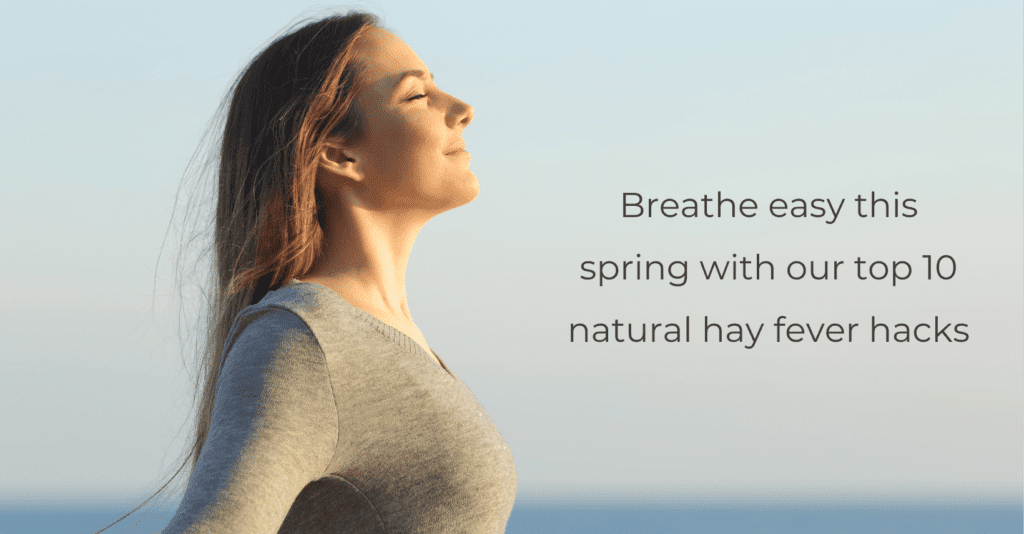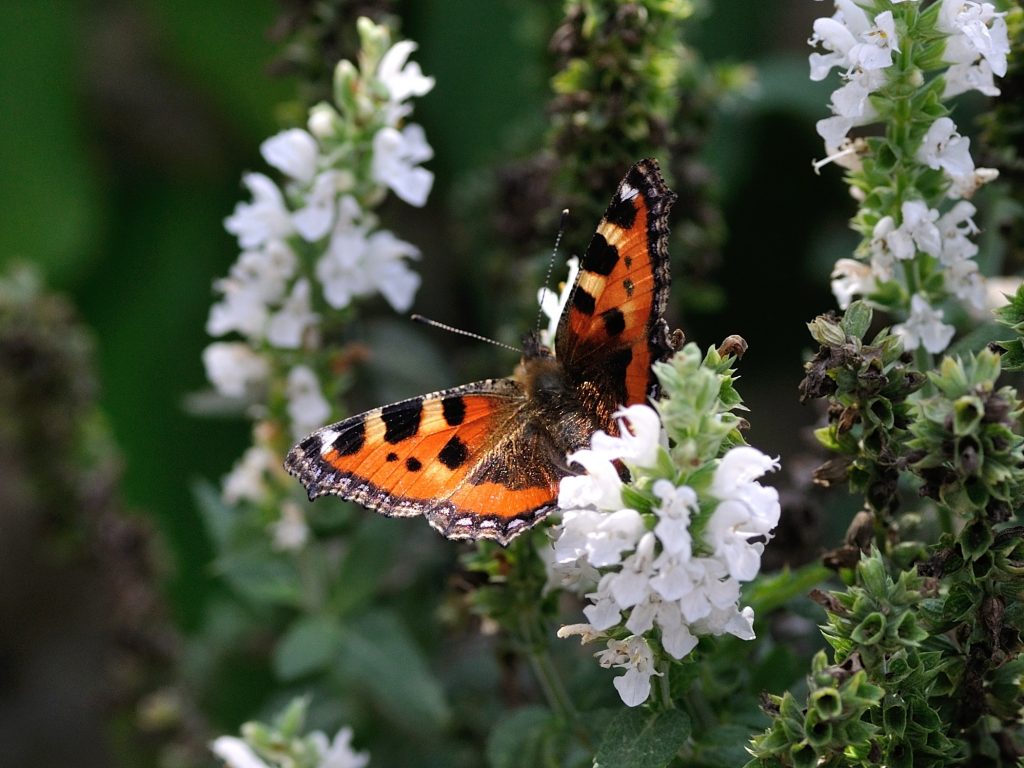
As the warm spring days roll into Malta, they bring vibrant blooms and longer sunshine. Unfortunately, many of us end up battling hay fever instead of enjoying the gorgeous weather. The season transforms landscapes beautifully but brings a host of sniffling and sneezing. Whether it’s the foggy days or the dusty gusts from the South, hay fever can really dampen our spirits. Not to worry, though! Here’s a friendly guide to natural remedies for hay fever that will help you manage those pesky symptoms with some easy and natural solutions.
A Sticky Solution: Petroleum Jelly
This common ointment, famous for healing chapped lips, is also excellent at trapping pollen. A thin layer around the edges of your nostrils can keep pollen at bay. It’s a simple trick that allows you to enjoy the outdoors without the sneeze spree.
Steam Your Troubles Away
If your nose feels like a blocked tunnel, steam is the way to clear it. Just a bowl of hot water and a towel over your head can help clear your sinuses. This makes breathing easier and reduces the irritation of constant sniffles.
Salt Water: The Classic Rinse
Sometimes, the best approach is to go back to basics. Flushing your nasal passages with a saline solution can clear mucus and reduce congestion, giving you a refreshingly unblocked nose.
Cool Down with a Cold Compress
A cold compress can work miracles for those annoyingly itchy and swollen eyes. Whether it’s a chilled cloth or a bag of frozen peas, a few minutes of application can ease inflammation and soothe your eyes.
Honey and Lemon: The Dynamic Duo
A mix of honey and lemon not only tastes good but can soothe the throat and ease irritation. It’s a comforting treat that makes dealing with hay fever a bit more bearable.
Acupuncture: Pinning Down Relief
It might sound daunting, but acupuncture has gained points for reducing hay fever symptoms by helping balance the body’s immune responses.
Friendly Bacteria: Probiotics
Adding probiotics to your diet isn’t just good for your gut; it could also help modulate the immune system and reduce your allergic reactions to pollen.
Vitamin C: More than Just Oranges
Acting as a natural antihistamine, vitamin C might help control your body’s reactions to allergens. Regular intake of vitamin C-rich foods or supplements could keep your symptoms in check.
The Herbal Touch: Nettle and Rosemary
Herbs like stinging nettle and rosemary are not just for cooking; they have properties that can ease allergic reactions. Whether used as a soothing tea or incorporated into meals, these herbs offer both flavour and function.
Alternative Routes: Saline Nasal Irrigation and Essential Oils
For those who prefer a more hands-on approach, nasal irrigation with saline can offer quick relief for congestion. You can also diffuse essential oils like peppermint or eucalyptus to help clear airways and reduce allergens in your home.
Practical Tips to Keep Pollen at Bay
- Keep Windows Closed: To minimise indoor pollen, keep your windows shut, especially on windy days.
- Shower After Being Outdoors: This helps remove pollen from your skin and hair and reduce its spread inside your home.
- Wear Sunglasses: They shield your eyes from pollen and reduce irritation.
- Consider an Air Purifier: Especially for those with severe symptoms, an air purifier can be a game changer by significantly reducing indoor pollen levels.
In Malta, we might face an uphill battle with allergens, but with these tips and remedies, you can reclaim your love for spring and enjoy the season with a bit less sniffle and a lot more smiles. Remember, these home remedies are helpful but are not a replacement for medical advice. If symptoms persist, talking to a healthcare provider is a good idea. Here’s to a season full of more fun and fewer tissues!

Rebecca Galea is the marketing and web design expert for the Women for Women Foundation. She’s a single mum of two and has always been passionate about empowering and helping women in any way she can.





